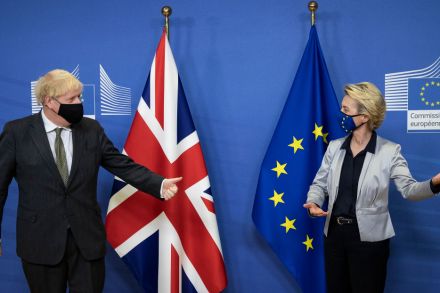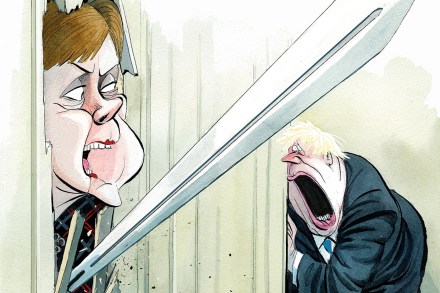Why I’m backing the Brexit deal
What are committed Brexiteers to make of Boris Johnson’s deal? It’s said that some Tories are cheering a compromise out of blind party loyalty – but I’m not sure I can be accused of that. I have devoted the last five years in pursuit of Brexit, and stood against the Tories in the last European election. But the political part is over. We now have a deal, and the question is whether it’s the real deal. I’d like to do two things: point out the many problems with this deal – problems that other Brexiteers are quiet about. But I’d also like to explain why, nonetheless, the deal is worthy




















